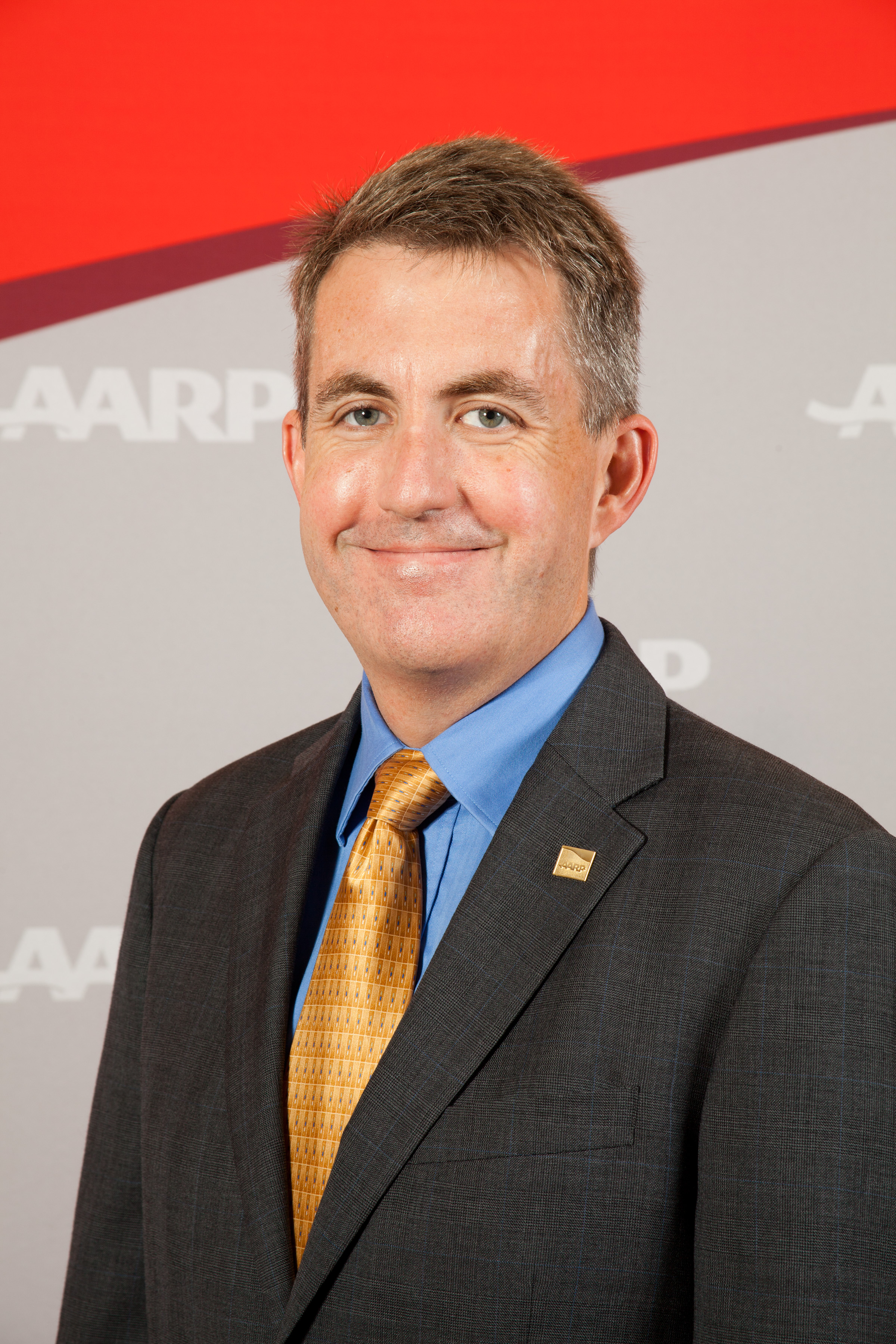AARP Hearing Center

By Jeff Johnson
(This op-ed originally appeared in the Sept. 16 issue of the Sun Sentinel)
Still struggling with Irma’s aftermath, Floridians were stunned by news Wednesday that eight frail elders died from heat-related causes after a Hollywood, Fla., nursing home lost its air conditioning. A hospital with functioning air conditioning was across the street.
A criminal investigation is now under way into the deaths at the Rehabilitation Center of Hollywood Hills, but initial reports seem to indicate that miscommunication and poor planning played a role. While nursing-home operators insisted they had notified the utility company about the power outage, company officials said the facility wasn’t on their priority list.
Miscommunication was a common theme:
- In Cape Coral Shores, about 20 residents at an assisted-living facility suffered in heat and humidity with no air conditioning while lights and power were restored to homes and businesses around them. A utility company spokesperson later said that they weren’t aware of the issue until media inquiries alerted emergency managers.
- At the Stone Ledge Manor Assisted Living and Memory Care Center in Thonotosassa, executive director Sue Garcia said she had been calling county emergency managers and Gov. Rick Scott’s office for days asking for help. Hillsborough County emergency managers said they didn’t know any residents remained at the facility.
- An association of Florida nursing homes has said the Hollywood Hills deaths were the result of an isolated incident. But state officials said 45 nursing homes were closed or had residents evacuated by mid-week after Hurricane Irma hit. In Orange County, the fire department sent teams to every one of the county’s licensed elder-care facilities to verify that residents were safe. Two facilities had to be evacuated because of unexpected discoveries teams made.
AARP Florida has called for a thorough review of state and local emergency-management procedures, state law and state funding for frail elders, those living with disabilities and their family caregivers. Here are some ideas to start that discussion:
- For some older Floridians, staying cool is a matter of life and death. Florida needs tighter coordination and seamless communication channels among elder-service facilities, county emergency managers and public utilities after major hurricanes.
- We have emergency plans to care for frail elders in institutions. We don’t always implement those plans effectively, and with as many as four state agencies in charge of separate elder-safety issues, accountability is difficult. A single agency should be in charge.
- At a minimum, every licensed elder-care facility and independent-living unit should be required to have a functioning backup generator capable of powering emergency cooling and elevators for multi-story residential facilities.
Meanwhile, Florida leaders must not overlook the state’s 2.67 million family caregivers. With half the state’s population without power as late as Tuesday, tens of thousands of frail older people were likely at risk from heat.
Florida family members need a way to reach out for help if these older people are suffering from lethal heat exhaustion. The Aging and Disability Resource Centers maintained by Florida’s 11 Area Agencies on Aging could be an option. These centers already are in contact with emergency-management professionals in each county.
It’s also time to focus on the resiliency of our communities, including our power supply. While Irma’s impact on Florida was historic, former state and federal emergency-management chief Craig Fugate suggests planning for more and stronger storms. Meanwhile, Florida’s population is aging, along with America’s. The issues converge with deadly impact.
One of the best protections you can have as a hurricane approaches is a strong network of friends and relatives who’ll help you board up your home, shelter safely or evacuate. One good place to start is to organize a community preparation effort. Learn more at www.createthegood.org/toolkit/operation-hurricane-prepare .
Every Florida hurricane offers us hard lessons. The good news is, Florida has shown it can learn. The lessons Irma will teach us are just beginning to become clear.
Jeff Johnson is AARP’s Florida state director.































































